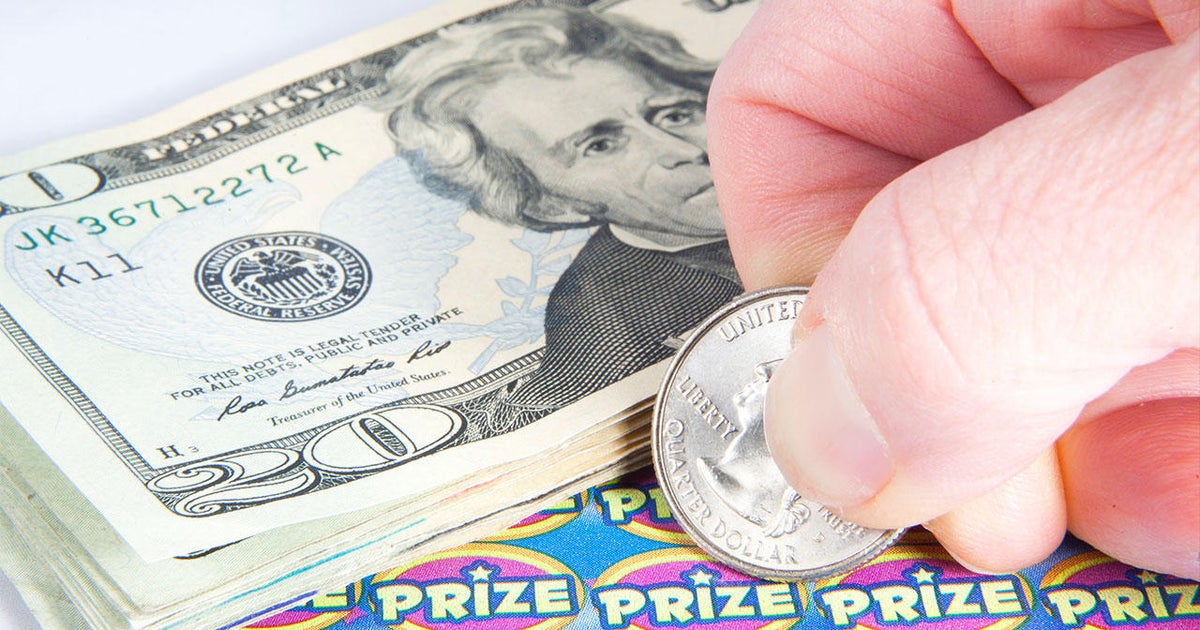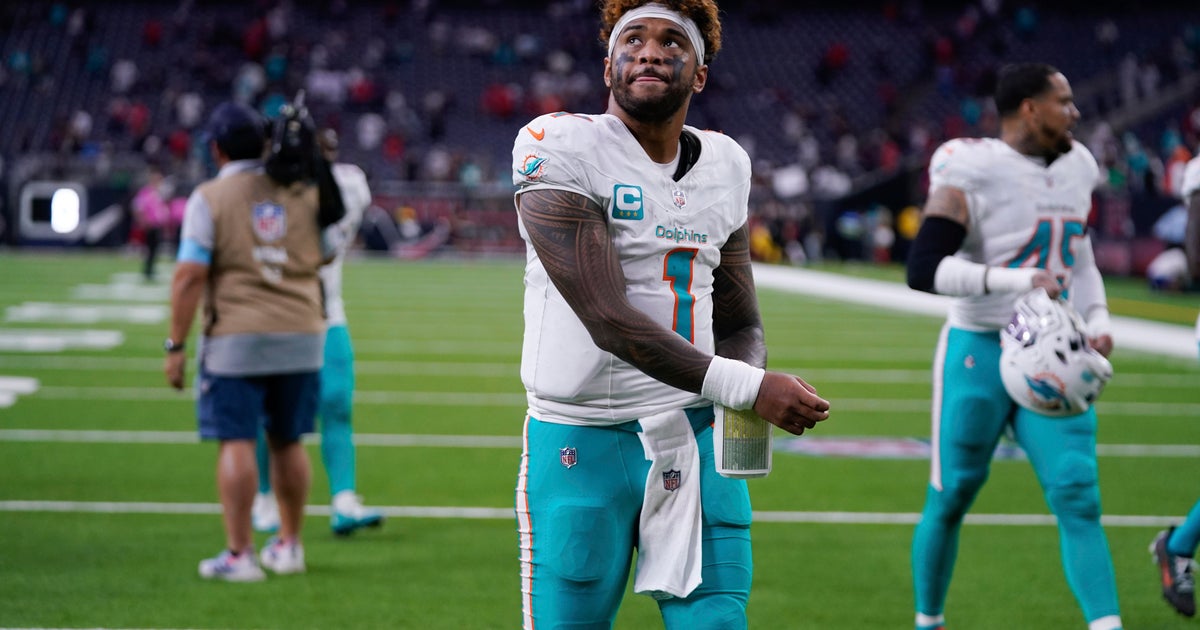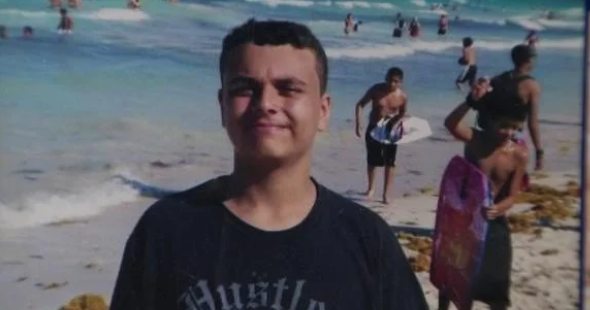Black History Month: The Life Of W. George Allen
MIAMI (CBS4) – "It's been a lot of good times and a lot of bad times but all in all, it's been a great life. It's been beyond anything I thought."
Reflections made by a man whose life reads like chapters in American History. In fact, W. George Allen has made history, time and time again. He is a civil rights leader who is a living legend and lesson.
"It's an inner moral code to try to do what's right," he told CBS4 Chief Investigative Reporter Michele Gillen.
Looking back through time with Gillen, he recalled identifying injustice from when he was just a little boy. For five decades he's been a successful lawyer, but he started out picking vegetables in the fields.
"That was true of all black communities. Not only in Seminole County but in Lake County, Houston, Leesburg and all around. All blacks worked in the fields or in the orange groves and at menial salaries. When we started we were making $4.50 a day, 10 hours a day. I was 10-years old," said Allen.
Allen said that when he was spotted outside the fields, he would be questioned by police. He knew that what was happening was wrong, but "I could not fight back or I would get killed," he told Gillen.
As a child he held his tongue, but as he matured and studied, Allen realized the law was the best weapon to make change and break glass ceilings. First stop was Florida A&M University where he recalled that he was not welcome in the library.
"I went to the library, which was all white and the lady says 'I'm sorry but you can't use this library' and I said "My mom and dad pay taxes I have a right," said Allen.
His father tried to wave him off, cautioning him.
"You know your place and it's not down at that white library and I told him 'No, I don't have a place' and from then on I was militant and we engaged sit-ins, boycotts at FAMU."
And the local buses?
"They had a policy that blacks had to sit in the rear and if whites got on, blacks had to get up. So we stopped that," he recalled.
Gillen asked if he felt changing history was part of his destiny.
"I never thought about it when I was doing it and now that I look back I'm glad I participated and I'm glad that I was in a position to help," he said with gratitude.
His life did change when he went into the Army and was recruited into the rarified world of U.S. Army Intelligence.
"There was no interaction with whites until I graduated college in 1958 and I went into the Army and for the first time I lived in an integrated society or situation where I competed with whites and I was on equal level with them and I was 22 years old," said Allen.
He added, "I was in Army Intelligence so we did investigations of espionage and sabotage and all the white collar stuff but we all did carry guns and we all protected each other."
He can't forget, "I was the only black."
He remembers one evening he and his colleagues went out to celebrate. The establishment refused to allow him in, only welcoming the white officers. They refused to enter without him, he said, grateful to the men who believed in him and in whom he trusted and respected as well. Standing united, the club ultimately let them in.
Then it was onto getting his law degree. He was accepted by Harvard but passed to instead go to the University of Florida to become the first African-American student to get his law degree there.
Allen found there were still obstacles to overcome, like finding campus housing for he and his wife.
"They said we don't have any merit student housing for color."
So Allen and his wife bought their first house and never looked back.
"I worked my butt off because I was afraid of failure," he told Gillen.
Through it all, for Allen, the secret of his success was the sweetheart he married 55 years ago.
"I'll be 78 next month and the wife and I kind of pinch ourselves every now and then and she says, 'I knew you were going to do okay, but you exceeded my expectations'."
Enid Allen, a woman to whom he is most grateful. In fact, she made it possible for him to go to law school.
"She worked and took care of the family and I studied, that was my job. So yes, she was the backbone," shared the man who is still so in love.
So what is his message to the next generation?
"The sky's the limit but you have got to study."
And, he added, you have got to care.
"You have got to get involved. We need to return to the time where we are our brother's keeper. We wanted to help and did help our brothers and sisters who were less fortunate," an impassioned Allen said.
A path applauded and not forgotten.



